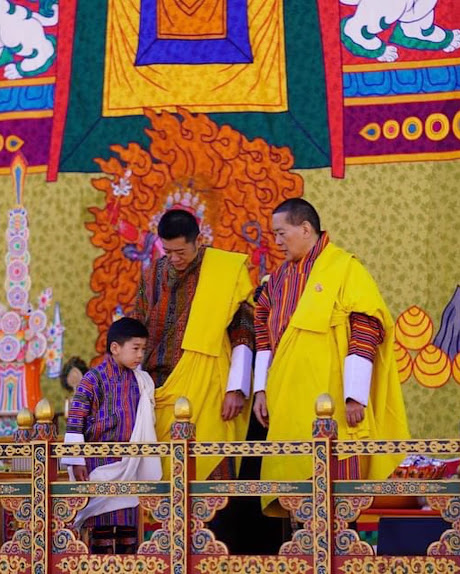His Majesty the King's address to the nation on the National Day is the single most important speech in the country and the most awaited moment of the year. It's the annual Royal Address to the nation that leads the nation to reflect deeply on our values and priorities as a nation and inspires the masses to take bold steps into new frontiers. It is in this moment the King talks straight to the heart of every Bhutanese across the world to remind us of who we are.
Over the years, we began to seek more in His Majesty's speech. We seek satisfaction from listening to one of the greatest orators of our time. We appreciate the art of public speaking. We marvel at the fluency and the gaps. We admire the power and clarity.
In those goosebump moments, we savour the true beauty of our Dzongkha language that we are not quite used to. The complexity associated with good Dzongkha is a myth. In the Dzongkha that the King speaks, there is hardly any bombastic word. In King's Dzongkha, we see the elegance in common words, the versatility of simple terms and undeniable dignity.
If the Dzongkha can be as elegant yet as expressive and simple as the King speaks it, then the generation of Bhutanese who are more into English may embrace Dzongkha. The People who are entrusted with promoting Dzongkha must work hard in simplifying it rather than alienating it from the ordinary people.
Over the years, I have noticed that our language is growing richer by a few words or phrases after every Royal Address. Most of the time, the words are not completely new; rather they are given a new meaning or used in a new context altogether.










